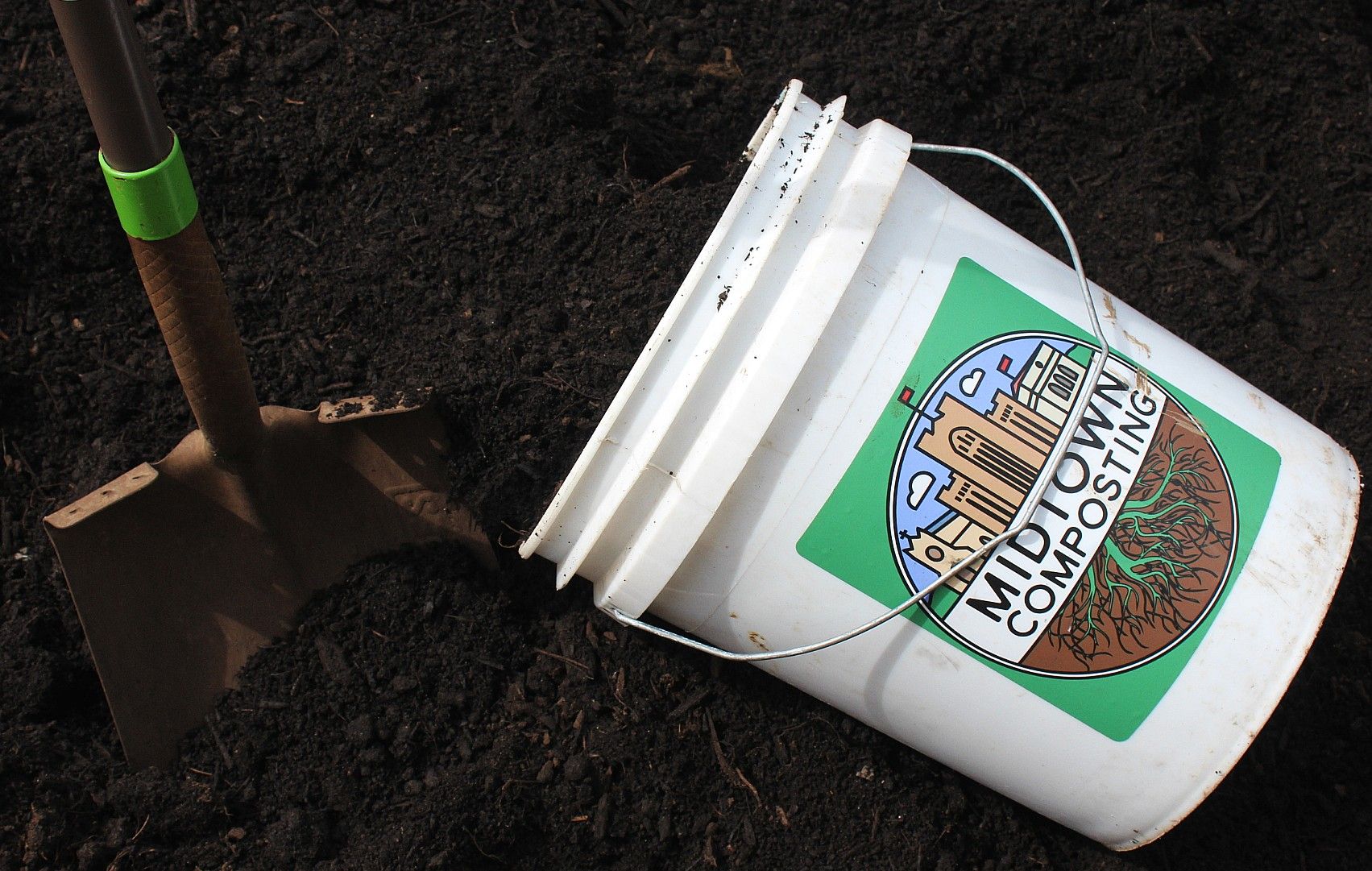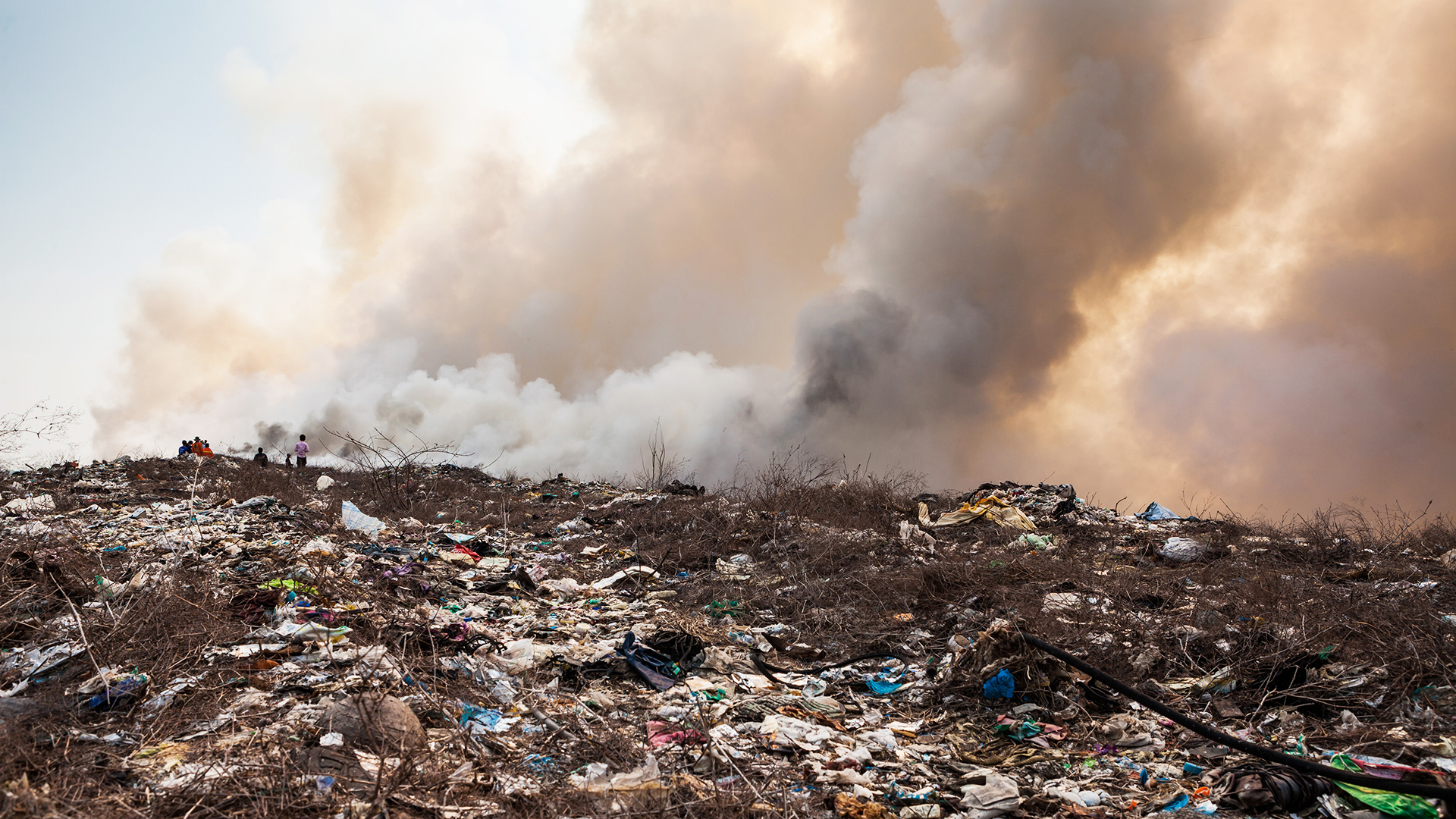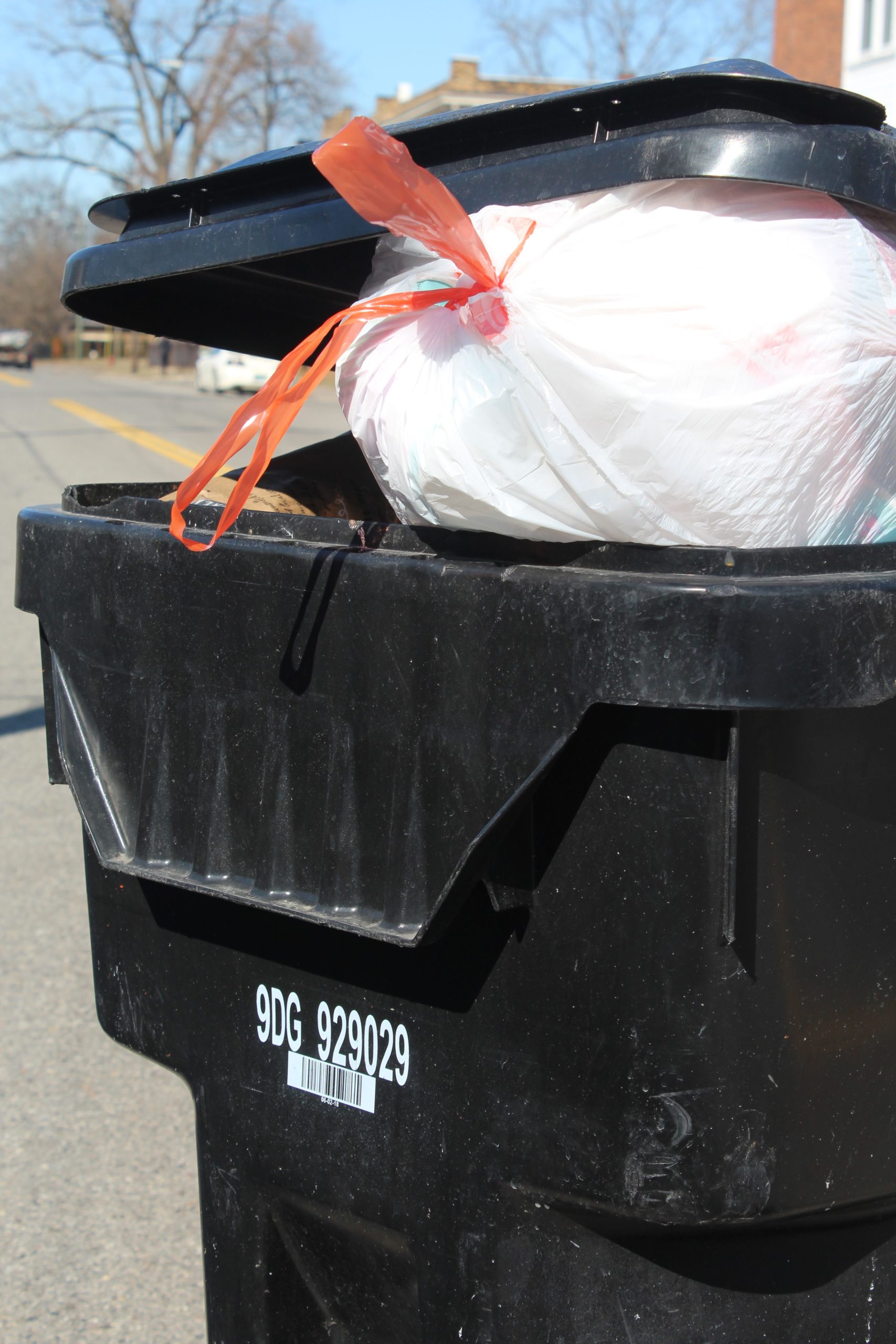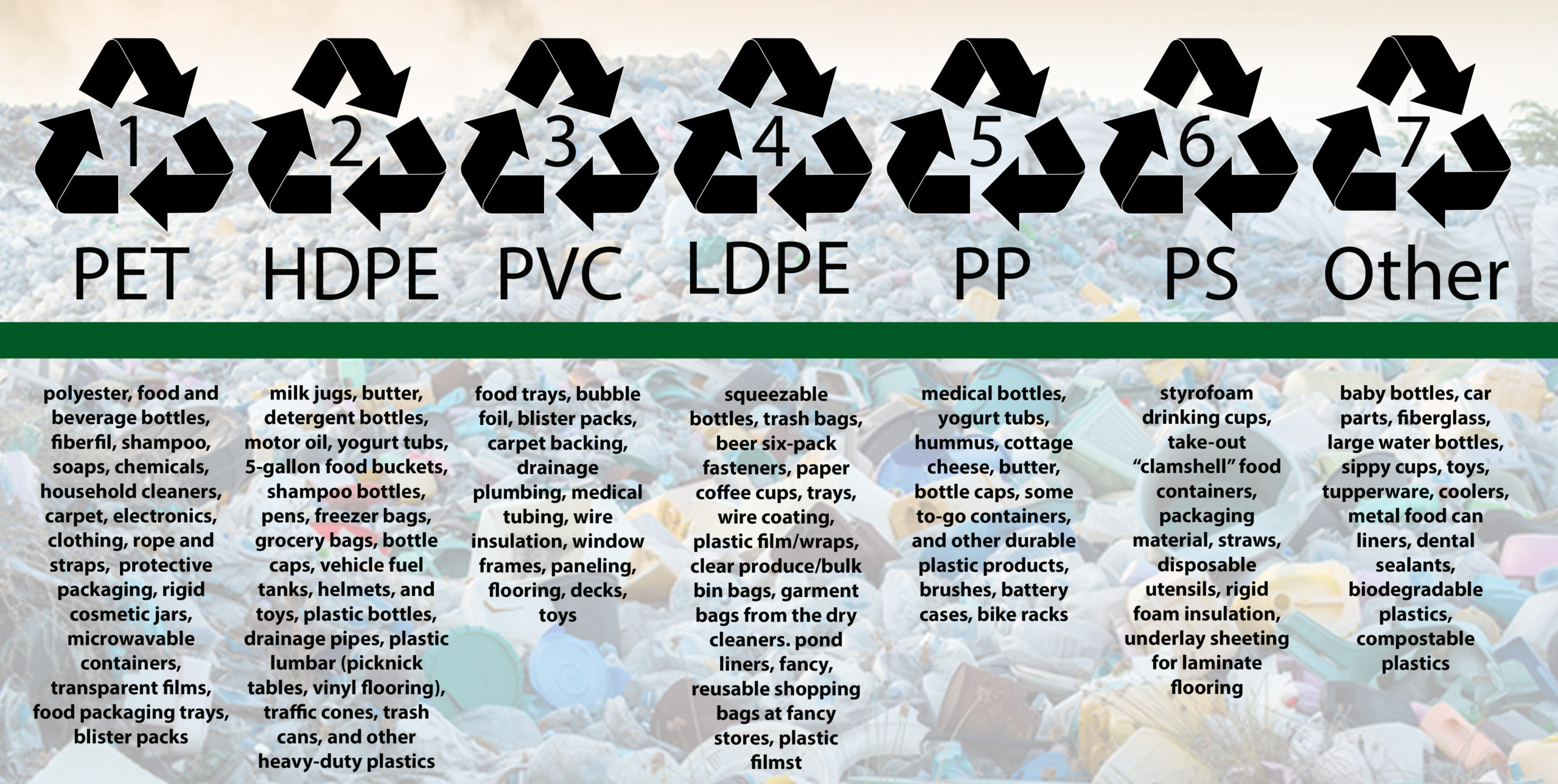Solar panels were not widely deployed until the early 2000s, and with a lifespan of 25 years, only a small fraction of solar panels are out of use today.
Category: Recycling
Why Composting is the Most Important Thing You Can Do for the Environment
America wastes nearly twice as much food as other developed countries, a total of 122 billion pounds of food waste each year.
Germany Bans Single-use Plastic by 2021
Plastics, although recyclable, still require a lot of energy to produce and are not endlessly recyclable
Michigan Aims to Recycle More and Send Less Waste to Landfills
Currently Michigan’s recycling rate is currently at 15%, more than half the national average recycling rate.
Cleveland Mayor Reports Recycling is Going to Landfills
After several attempts to obtain a new recycling contract, the city was only offered one bid.
What Composting Looks like in South Korea
Today recycling materials are picked up for free and all other trash has a fee calculated by the size and number of bags. Today people in South Korea generate around 3 quarters of a pound of waste a day, and a family in Seoul spends about 6 dollars a month composting.
Why Composting Is In The Green New Deal
The change that we as a society need seems daunting and unlikely. A lot has to happen in a very short period of time. If you’re not feeling too apathetic, you may find yourself often wondering what one person can do. The good news is that we have a way for you to dramatically reduce your environmental footprint – and there’s a good chance you’re not already doing it.
Simple Ways to Reduce your Waste
Compostable food waste contributes to between 20-30% of your waste. When left in landfills, food waste breaks down to produce methane gas because the food breaks down without oxygen. This is a big deal! Methane gas is upwards of 20 times more harmful than CO2. For many people, composting is the single biggest way one can help fight climate change.








